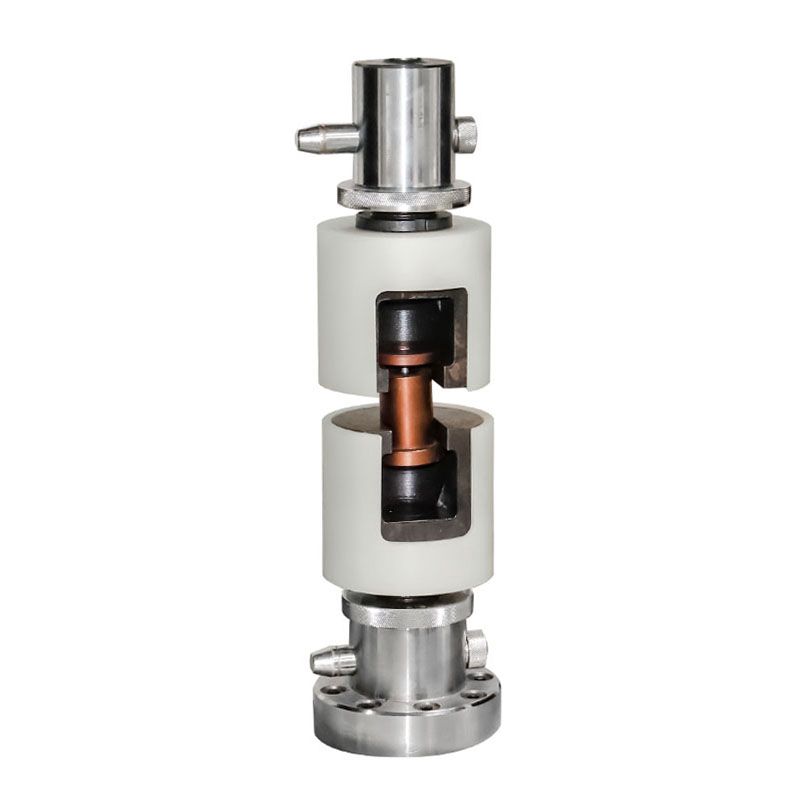How does a screw and bolt testing fixture contribute to the evaluation of the mechanical properties of screws and bolts
2023-10-27
A screw and bolt testing fixture plays a vital role in the evaluation of the mechanical properties of screws and bolts by subjecting them to controlled testing conditions. It helps assess various mechanical properties, such as strength, durability, and performance, to ensure that fasteners meet quality and safety standards. Here's how a screw and bolt testing fixture contributes to this evaluation:
1. Tensile Strength Evaluation:
- Tensile testing is a common method used with these fixtures. The fixture applies a gradually increasing axial force to the fastener until it reaches failure. This determines the ultimate tensile strength, yield strength, and elongation of the screw or bolt.
2. Torque Resistance Assessment:
- Torque testing assesses the fastener's ability to withstand rotational forces. The fixture measures the torque required to tighten or loosen the screw or bolt. This is essential for ensuring that fasteners remain securely in place and can be installed and removed as needed.
3. Shear Strength Analysis:
- Shear testing fixtures evaluate the fastener's resistance to shear forces, which are applied perpendicular to the axis of the screw or bolt. This information is crucial for applications where shear loads are significant.
4. Bend and Flexure Testing:
- Some fixtures subject fasteners to bending forces to assess their resistance to flexure without breaking. This is especially important for fasteners used in applications that involve dynamic loads or vibrations.
5. Fatigue Testing:
- Fatigue testing fixtures replicate cyclic loading conditions to evaluate how well screws and bolts withstand repeated loading and unloading cycles. This helps determine their fatigue life and suitability for long-term use.
6. Environmental Testing:
- Some fixtures expose fasteners to specific environmental conditions, such as extreme temperatures, humidity, or corrosive environments. This assesses their resistance to environmental factors and their long-term durability.
7. Data Collection and Analysis:
- Modern fixtures are equipped with sensors and data acquisition systems to collect data during testing. This data is crucial for accurate analysis of a fastener's mechanical properties and performance.
8. Compliance with Standards:
- Screw and bolt testing fixtures are designed to meet industry standards and specifications, ensuring that the tests are conducted in accordance with recognized protocols, such as ASTM or ISO standards.
By subjecting fasteners to controlled and repeatable testing conditions, a screw and bolt testing fixture provides valuable data that helps manufacturers and quality control organizations assess the mechanical properties of screws and bolts, ensuring that they meet safety, quality, and performance requirements. This, in turn, contributes to the reliability and safety of various applications that rely on these fasteners, such as construction, automotive, aerospace, and manufacturing.



